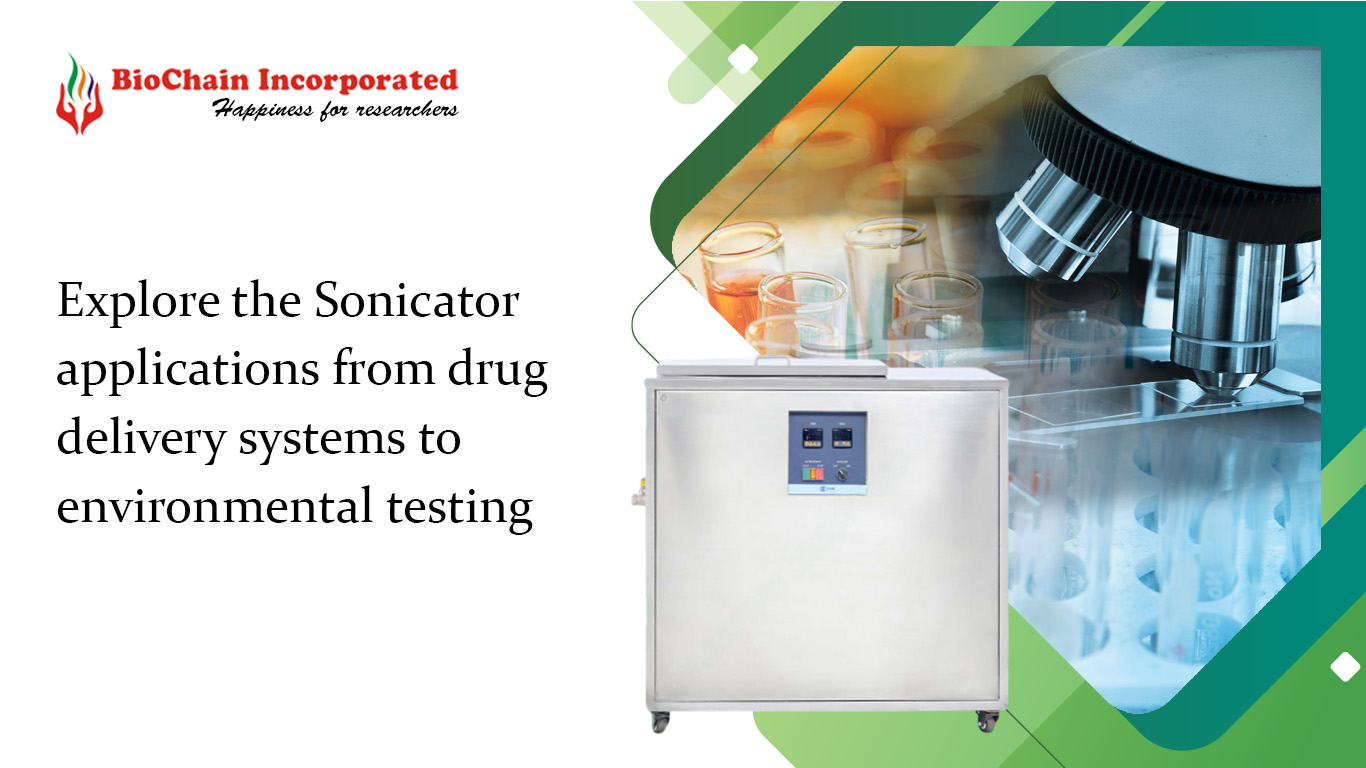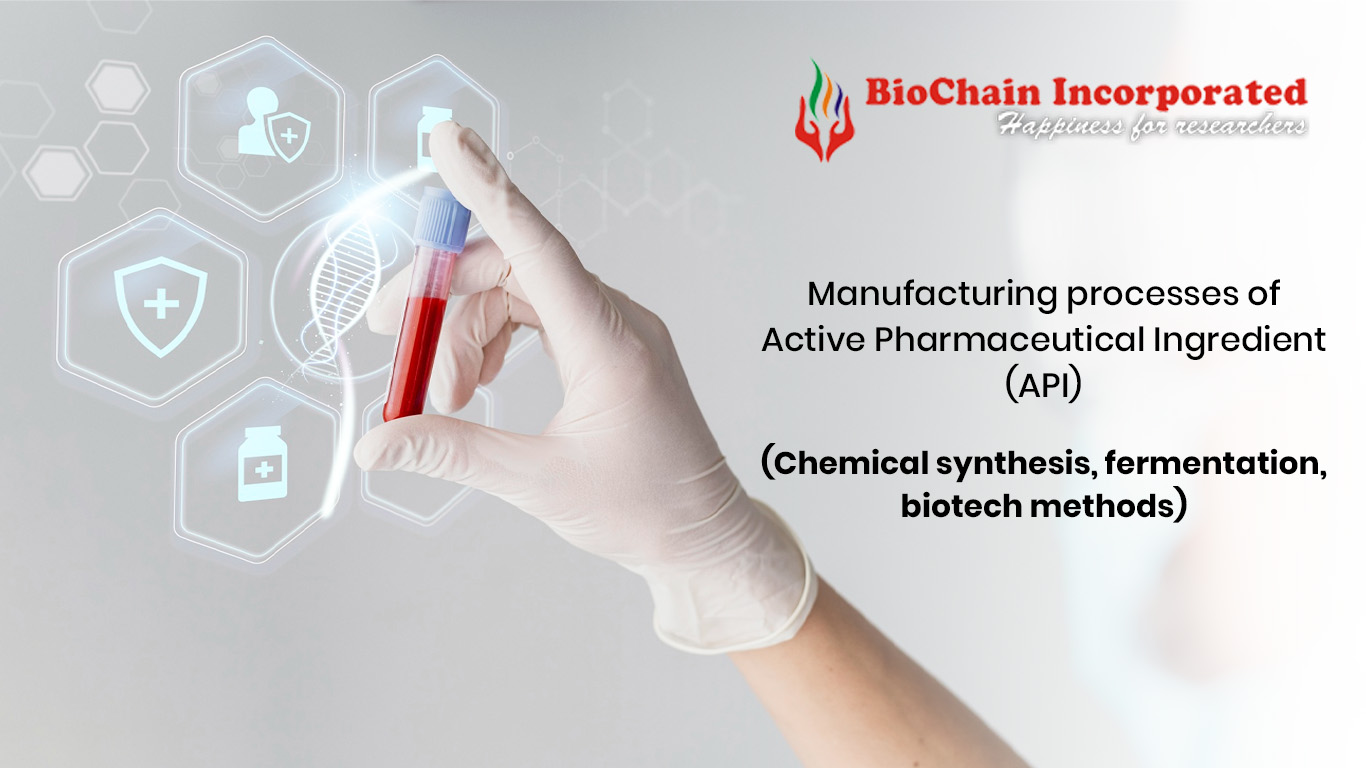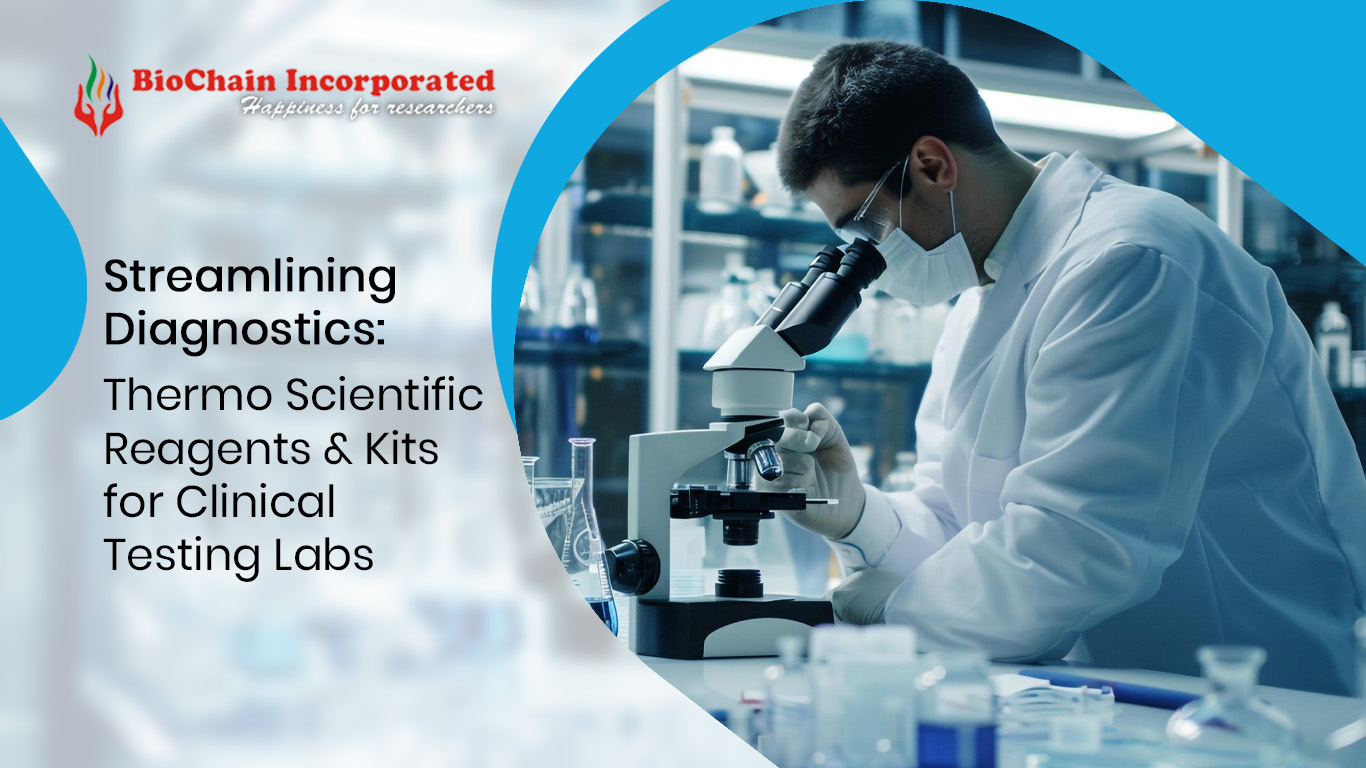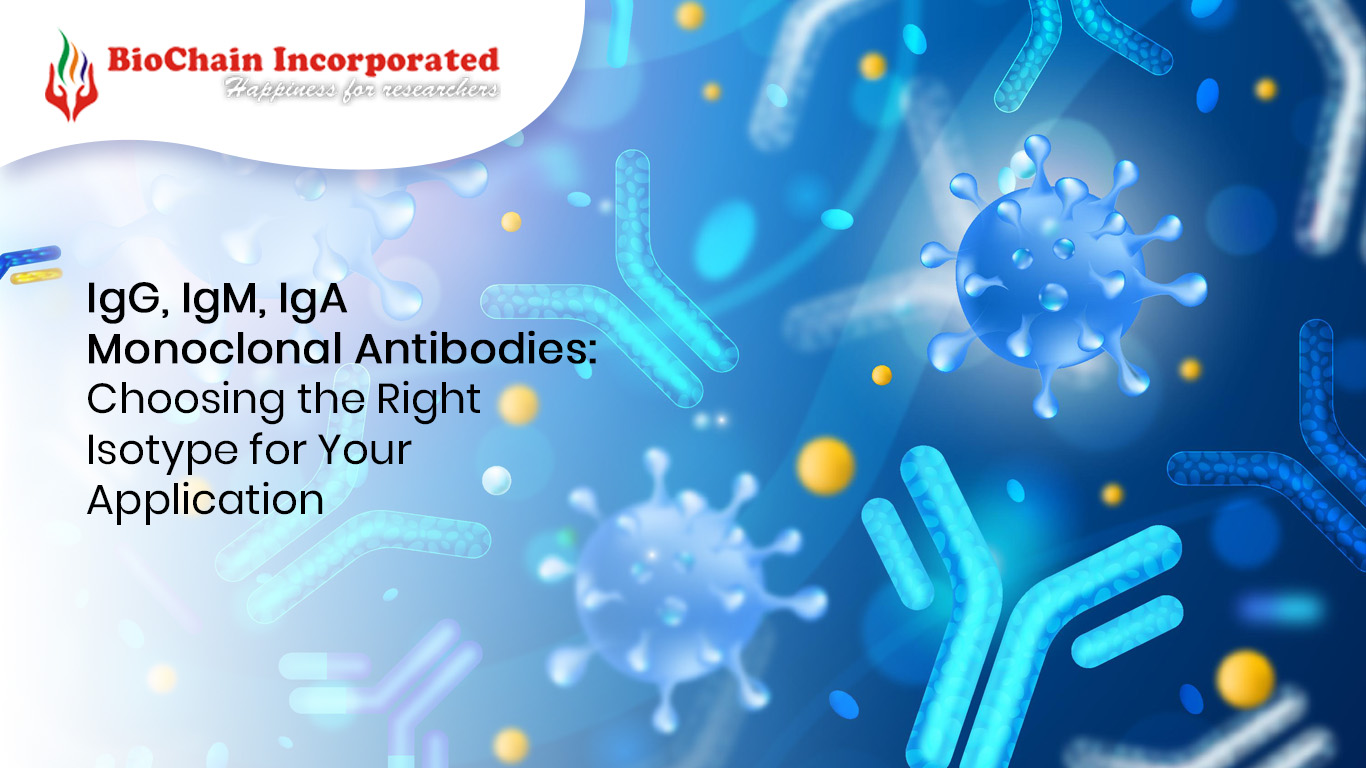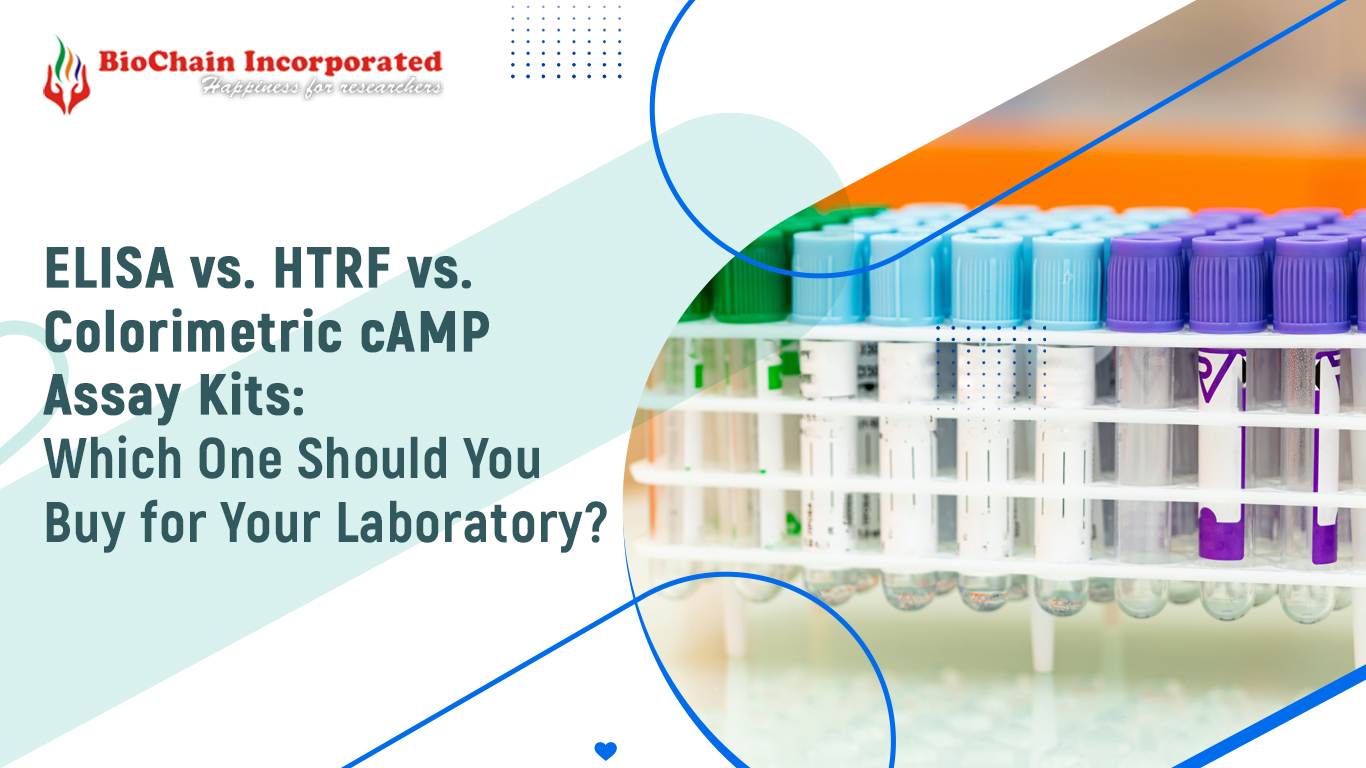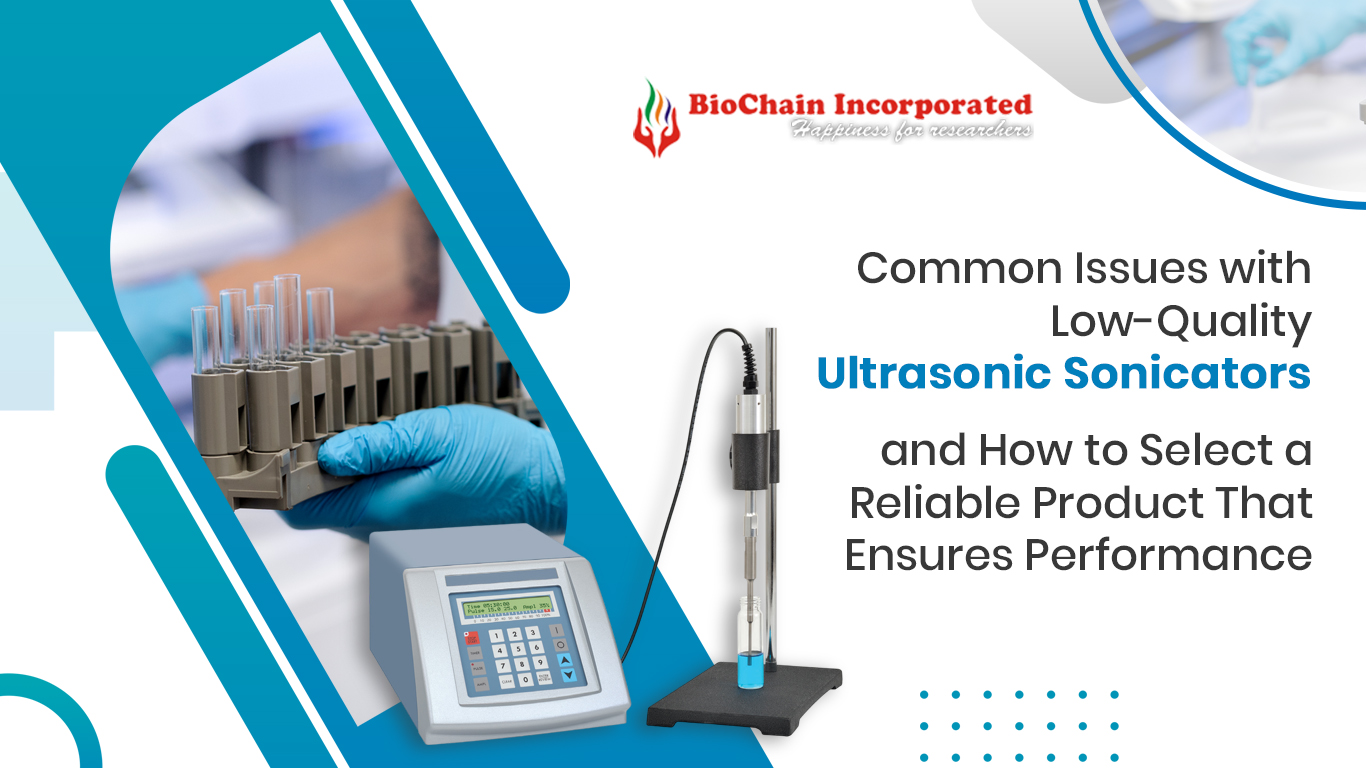Understanding Cell Line Authentication: Why It’s Important for Indian Suppliers
Cell line authentication has emerged as an essential aspect of research and biotechnology, especially within the life sciences sector. In India, where the biotech industry is experiencing swift expansion, guaranteeing the authenticity of cell lines is crucial for upholding credibility and encouraging international collaborations. For Cell Line Suppliers in India such as Biochain, aspiring to dominate the industry, cell line authentication serves not only as a compliance obligation but also as a strategic imperative.
What is Cell Line Authentication?
Cell line authentication involves the procedure of confirming the identity and integrity of cell lines utilized in research and development. Over time, cell lines may become contaminated, incorrectly identified, or experience genetic drift, resulting in inaccurate research findings and financial repercussions.
Authentication methods, including short tandem repeat (STR) profiling, karyotyping, and mitochondrial DNA analysis, are employed to verify the lineage, species, and genetic stability of cell lines. These methods assure that the cell lines remain free from cross-contamination or misidentification, which could jeopardize the credibility of scientific results.
Why is Cell Line Authentication Important for Cell Line Suppliers in India?
-
Maintaining Research Integrity:
Misidentified or contaminated cell lines can generate flawed research findings, squandering time, resources, and funding. Confirming cell line authentication boosts the dependability of experimental outcomes.
-
Compliance with International Standards:
Indian suppliers are required to comply with worldwide standards like ISO 9001:2015 and directives from organizations including ATCC and the International Cell Line Authentication Committee (ICLAC). Effective authentication guarantees adherence and supports international trade and partnerships.
-
Avoiding Financial Losses:
Contaminated or misidentified cell lines can lead to expensive recalls, delays, and reputational damage. Authentication serves as a protective measure against these dangers.
-
Enhancing Global Credibility:
For Cell Line Suppliers in India, building trust with international clients is vital. Showing a commitment to cell line authentication underscores the supplier's dedication to quality and ethical research norms.
-
Preventing Cross-Contamination:
Laboratories frequently handle multiple cell lines, elevating the likelihood of cross-contamination. Authentication guarantees the integrity of cell lines, minimizing the chances of adversely affected experiments.
Challenges in Cell Line Authentication for Cell Line Suppliers in India
Despite the clear advantages of cell line authentication, Indian suppliers encounter numerous obstacles, including:
-
Cost Implications:
The high expenses linked to advanced authentication techniques can dissuade small and medium-sized enterprises (SMEs).
-
Lack of Infrastructure:
Numerous laboratories lack the necessary facilities and expertise to perform thorough authentication procedures.
-
Awareness and Training:
Insufficient awareness regarding the significance of cell line authentication among researchers and suppliers can impede its implementation.
-
Regulatory Barriers:
Navigating the intricate regulatory environment can be challenging for suppliers, particularly those unfamiliar with the global market.
Solutions and Best Practices for Cell Line Suppliers in India
To tackle these challenges, Indian suppliers can implement the following strategies:
-
Invest in Advanced Technology:
Utilizing cutting-edge equipment and techniques such as STR profiling can ensure precise and trustworthy authentication.
-
Partner with Experts:
Collaborating with organizations that specialize in cell line authentication can assist suppliers in establishing credibility and optimizing their operations.
-
Enhance Training and Awareness:
Organizing workshops, training programs, and awareness initiatives can inform researchers and suppliers about the significance of authentication.
-
Implement Robust Quality Control Measures:
Establishing rigorous quality control measures can reduce contamination risks and preserve cell line integrity.
-
Seek Certifications:
Acquiring certifications from reputable organizations can boost confidence and create opportunities in international markets.
The Role of Biochain in Cell Line Authentication
As a prominent provider of life science products in India, Biochain is dedicated to maintaining the highest standards in cell line authentication. By investing in state-of-the-art technology and following global best practices, Biochain strives to establish a standard for quality and dependability in the sector.
Biochain’s strategy includes:
-
Providing authenticated cell lines to clients throughout India and internationally.
-
Partnering with global organizations to remain informed about the latest progress in authentication methods.
-
Informing clients and researchers about the significance of cell line authentication through workshops and webinars.
Cell line authentication is no longer a discretionary practice but an essential requirement for Indian suppliers in the biotech and life sciences fields. By emphasizing authentication, companies like Biochain can guarantee the integrity of their research, cultivate global trust, and aid in the progress of scientific discovery.
For Cell Line Suppliers in India aiming to leave a mark on the world stage, adopting cell line authentication is a move toward achieving excellence and encouraging innovation in the life sciences sector. Contact Biochain today.


.png)
